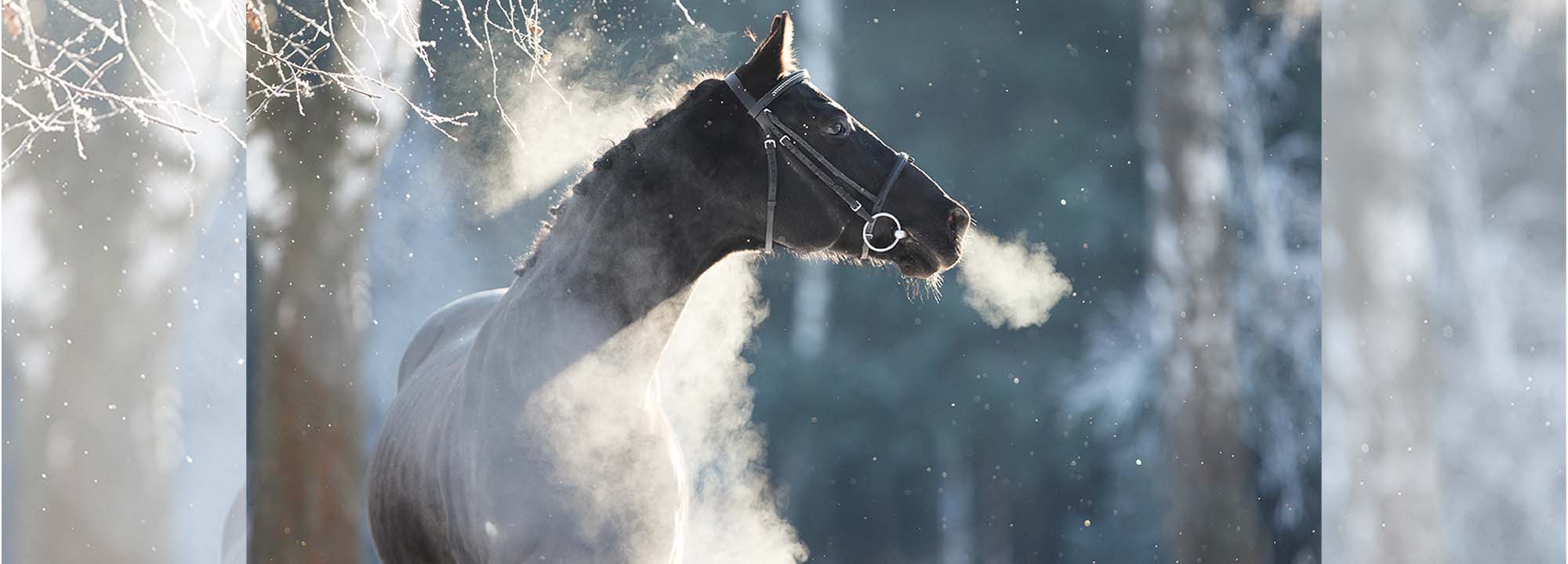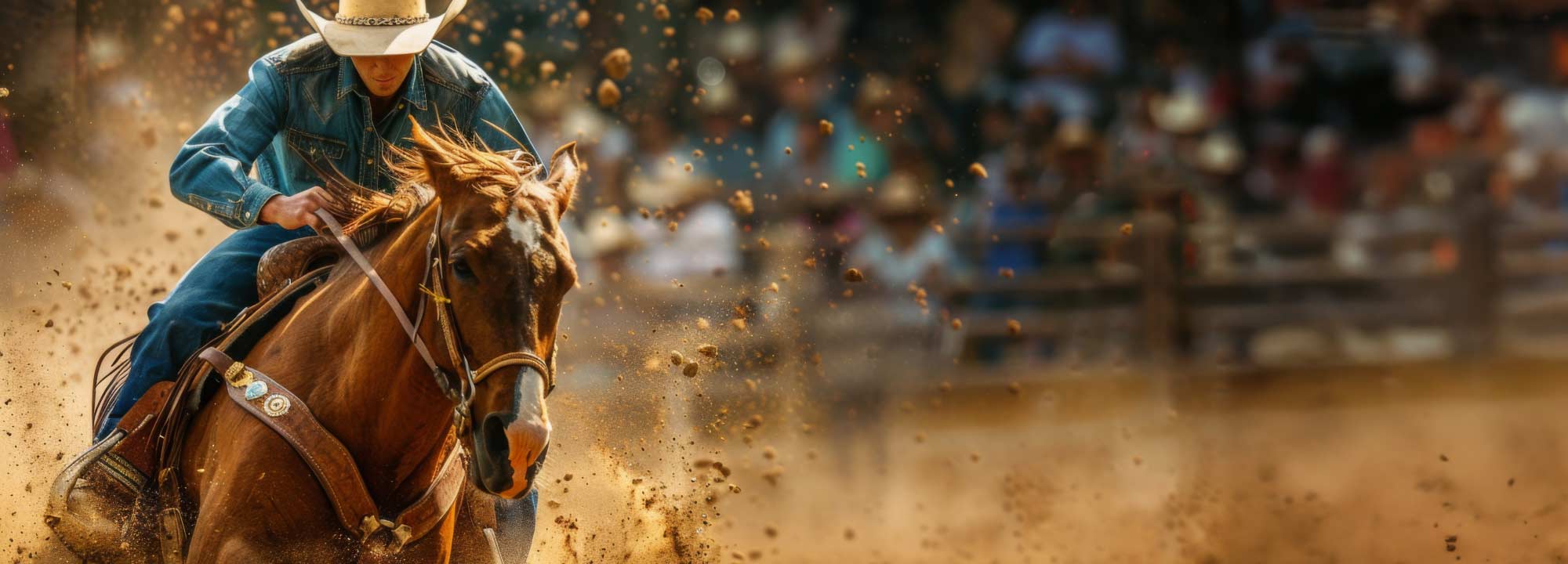By Ritchie Industries Automatic Waterers
Frozen water, whether it is in buckets, tanks or troughs, is an unwanted surprise for both horses and their owners. More than just an annoyance, frozen water can have a major impact on the health of your horse.
Access to fresh water is critical to preventing dehydration, especially in the cold weather months. Dehydration can lead to impaction colic. According to the American Association of Equine Practitioners (AAEP), colic is the number one killer of horses. Surgery or death occurs in less than 10 percent of all colic cases, but it is important that every case be taken seriously because it is often difficult to tell minor cases from those more serious in the initial stages.
“The number one cause of colic during winter is a lack of fresh, unfrozen water,” said Scott Leibsle, DVM and state veterinarian for the Idaho State Department of Agriculture in Boise. “Horses must drink 10 to 12 gallons of fresh water every day and can dehydrate quickly if water is unavailable. Horses that aren’t getting enough water are at a greater risk for conditions such as simple indigestion or impaction. A frozen water trough is the usual dehydration culprit, but occasionally horses choose to not drink water simply because it is so cold.”
Dr. Leibsle also has recommendations about electrolytes. “Keep in mind that electrolyte supplements are not a suitable water substitute and do not mitigate the risk of dehydration,” said Leibsle. “There is nothing wrong with adding the appropriate amounts of electrolytes to your horse’s diet, but offer them in a separate container, leaving the main water supply clean and fresh.”
One of the best ways to ensure that your horse has access to fresh, temperate water at all times is to install an automatic waterer. There are automatic waterers to fit every budget and every situation – whether you have a single horse or a whole stable full.
Manufacturers like Ritchie and Classic Equine by Ritchie have specifically designed automatic waterers to cater to the needs and safety of horses. Options include heated units, insulated energy-free units, inline fencing installation, attractive granite finishes and matching stallfount shrouds – all designed to reduce your chore time and maximize your horse’s health by staying fully hydrated. Ritchie has recently introduced the new budget-friendly Genesis line of waterers that combine the benefits of automatic watering with the versatility of portable or permanent mounting options.
Visit ritchiefount.com today to learn more.





